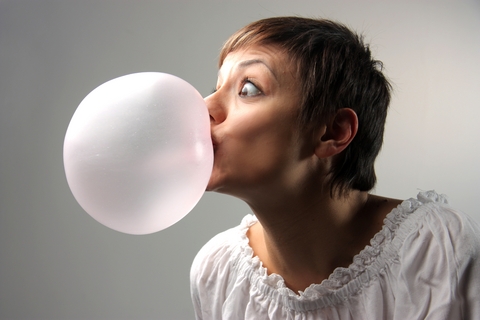Remember maca? The aphrodisiac of the Andean plains that is even used in fjords of Norway? When it comes to menopausal symptoms and female hormonal balance, it seems that maca is not all it’s cracked up to be. In fact, before you spend your hard earned dollars on this Andean wonderherb, you may want to hear more.
In case you are unfamiliar with maca, it is a plant indigenous to South American countries that has been used for centuries by Peruvians and other cultures to manage conditions such as anemia, infertility and as mentioned, hormonal imbalances in women. More recently, it’s been introduced in Europe, the US and Asia as a potential treatment for impaired sexual function and desire.
However, despite its touted benefits and burgeoning marketing buzz, maca may not be “all that.”
In the scientific world, researchers often look at published studies and data in composite in order to evaluate the effectiveness or worthiness, if you will, of a product or strategy. These efforts are call meta-analysis, and consist of culling, pooling and then evaluating information that was collected over certain time periods. Importantly, when they tried to do this with maca, searching 17 international databases for studies up to June of this year, they discovered the evidence was lacking, forcing them to synthesize or qualitate what they were able to find based on the strength of the evidence that did exist. In summary:
- Out of 17 scientifically rigorous studies that they were able to locate, only four held up to standards and therefore, worthy of inclusion.
- In total, 202 healthy pre- or post-menopausal women took pre-gelatinized or dried commercial maca or placebo, in different doses (1.0 to 3.5 gram daily) for up to 2 months.
- Various menopausal symptoms were studied using scientific indices. They ranged from vasomotor and mental health to sexual dysfunction and overall wellbeing.
Although three of the four studies showed that maca had positive and even significant effects on menopausal symptoms compared to placebo, the researchers emphasize that “perhaps the most important finding of this systematic review is that there have been very few rigorous trials examining the effects of maca on menopausal symptoms.” Given that maca has been marketed as effective for the treatment of menopausal symptoms, they find the lack of data surprising. Moreover, the studies were so disparate in terms of how maca was used that it’s difficult to draw any worthwhile conclusion about its effectiveness. In fact, the optimum amount of maca is still not known.
Tell me, how can you treat your symptoms effectively if you don’t know what dose to use?
Experts also don’t know how maca works; theories include that it may stimulate the production of estrogen or that it fortifies the body’s ability to maintain hormonal balance. Nevertheless, others argue that despite the clear evidence, maca appears to cause fewer side effects than conventional drugs for menopause. In fact, none of the studies examined in the review showed any adverse events (some claim that there are no reports of adverse effects whatsoever, although Peruvian authorities recommend that it is boiled before consumption to insure safety, and Australian authorities report attention disturbances, weight loss, agitation, nausea, vomiting, abnormal liver function, abdominal pain and oral tissue bleeding). The reason it’s so important to clarify this particular safety profile is that if maca has an estrogen effect, it might be contraindicated in women with conditions that are sensitive to estrogen, such as endometriosis and breast cancer.
The bottom line is that we need more scientific studies and a heck of a lot more information. Meanwhile, although it’s definitely affordable (a quick Google search shows that pricing per bottle or in bulk ranges from $4 to $23), there doesn’t seem to be enough evidence to support regular use of maca for menopausal symptoms and sexual function. This is definitely a path wrought with lots of questions. Buyer beware. Maca isn’t ready for prime time, at least not yet.








No Comments
Trackbacks/Pingbacks